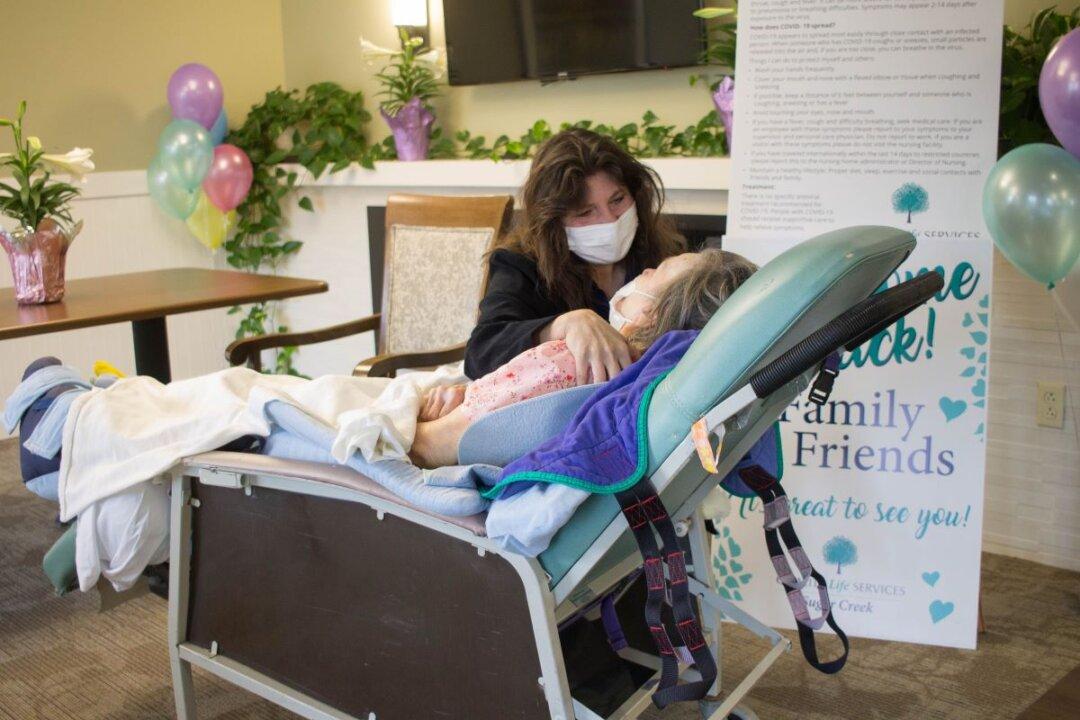Hospitalizations for COVID-19 are up significantly in Pennsylvania and many other states, according to numbers from the Johns Hopkins Coronavirus Resource Center. The surge in cases has reduced capacity in hospitals and long-term care facilities.
In Pennsylvania, COVID-related hospitalizations reached an all-time high this week with 7,488 cases on Jan.10. That is double the cases compared to Nov. 22 when there were 3,774 hospitalizations.





